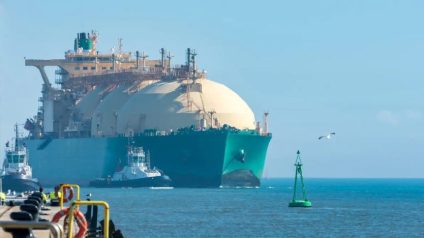The lack of skills and the lack of specialists in the value chains of green technologies could hinder the development of renewables in Europe and put at risk decarbonization. The alarm of the Clean Energy Industrial Forum
Without the right professional figures, the European decarbonization could slow down
(Sustainabilityenvironment.com) – According to IRENA, International Renewable Energy Agency, accelerating the energy transition would double jobs in the “energy” sector, reaching 122 million jobs in the world by the middle of the century. For this to happen, however, in addition to political, regulatory and financial support, we also need a fourth fundamental factor: competencies. The spread of renewable energy needs a skilled and specialized workforce, which leaves no segment uncovered. This issue was discussed in Brussels at the second high-level meeting of the Clean Energy Industrial Forum (CEIF).
The CEIF meetings aim to strengthen the European industrial base to support the energy transition and consolidate the EU value chain for green technologies. They also allow you to identify possible obstacles in the path. The participants discussed last week specifically the professional deficiencies with which Europe has to deal and the efforts to be made to close the gap. To this end, the Forum adopted a Joint Declaration on Competences to raise awareness of the problem and highlight the initiatives already taken to resolve it.
Energy transition and skilled workforce
“The lack of a workforce with adequate skills is likely to be a significant obstacle to investment and is recognized as one of the most serious concerns of the industry,” reads the text. “A sufficient number of staff with the necessary skills – particularly in the technical and STEM (science, technology, engineering and mathematics) sectors – will be crucial to ensure a fast, consistent and equitable implementation of clean energy solutions. Ensuring that this is done in a timely and professional manner, both upstream and downstream of the value chain”.
The declaration lists a series of actions to be implemented, inviting all stakeholders in the field of clean energy to intensify efforts and investment in training. The participants undertake to strengthen their retraining and refresher programs, investing more in education, training and actions to bring job supply and demand together; and call on the EU Member States to support the effort with ad hoc programs, especially for civil servants, and clear objectives for the improvement of skills in the strategic value chains for the REPowerEU.













